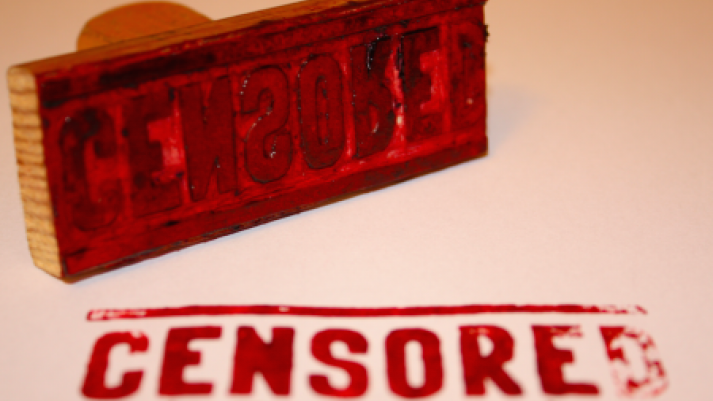The case of Dr. Andrew Pessin, a philosophy professor who criticized Hamas on Facebook only to come under attack by a hate campaign, continues to roil Connecticut College.
Some students and faculty remain concerned not only about the assault on free speech and the implicit support for terrorism involved in the targeting of Dr. Pessin, but also by ethics violations committed in the process by Ayla Zuraw-Friedland, the editor of the College Voice, the student paper that served as a form for the attacks.
Ayla Zuraw-Friedland sought to misrepresent Dr. Pessin’s comments by circulating a cropped version of a Facebook comment he made in a petition accusing him of dehumanizing language for comparing Hamas terrorists to a pit bull. Even while Ayla Zuraw-Friedland was conducting a smear campaign in a separate forum, the paper she edited was used to pursue the same distorted claims that Dr. Pessin had referred to Gazans or Arabs or Muslims in general, instead of Hamas.
Some students and faculty remain concerned that in the process Ayla Zuraw-Friedland violated both Connecticut College’s and the College Voice’s code of ethics.
“Journalists should be honest, fair … in gathering, reporting and interpreting information. Journalists should:
a. Test the accuracy of information from all sources and exercise care to avoid inadvertent error. Deliberate distortion is never permissible.
b. Diligently seek out subjects of news stories to give them the opportunity to respond to allegations of wrongdoing.”
Instead Ayla Zuraw-Friedland deliberately distorted information and launched a one-sided campaign, abusing her position at the paper for political goals.
Ayla Zuraw-Friedland’s violation of journalistic ethics manufactured a campus controversy that had serious implications for both Connecticut College and faculty freedom of speech.
The College Voice was used to run attack pieces aimed at Dr. Andrew Pessin and by implication, pro-Israel students and faculty. A forum that was meant to serve the larger Connecticut College community was instead exploited for what often appeared to be a vendetta. Some students and faculty remain concerned that their views have not been represented and that Ayla Zuraw-Friedland’s distortions have damaged the image of their college on a national level.
Stories covering the case have mentioned that Dr. Andrew Pessin and his family received threats as a result of Ayla Zuraw-Friedland’s campaign as well as the associated smears published in The College Voice.
This is particularly troubling as the Honor Code forbids conduct that “causes a reasonable expectation of fear of harm to any person.”
The threats initiated by Ayla Zuraw-Friedland’s smear campaign are a clear example of that. Faculty members at Connecticut College remain concerned that they and their families could be similarly targeted in the future.
Connecticut College’s failure to protect a faculty member from threats and its participation in them by passing judgement on a distorted version of his comments has set a disturbing precedent.
The failure to hold Ayla Zuraw-Friedland, as well as other students involved in the smear campaign, including Lamiya Khandaker, an anti-Israel activist who appeared to have made anti-Semitic comments in now deleted social media, and Kaitlyn Garbe and Michael Fratt who authored a grossly inaccurate piece in The College Voice, accountable has created a witch hunting atmosphere on campus.
